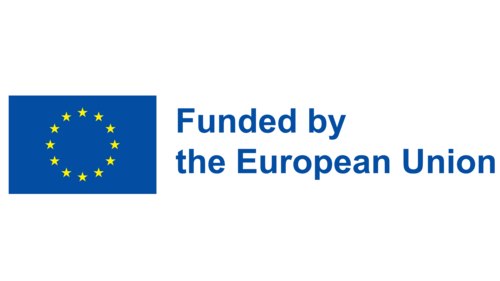ERC Starting Grant for CISPA Faculty Nico Döttling
ERC Starting Grant for CISPA Faculty Nico Döttling
Artificial intelligence can enormously improve and accelerate the diagnosis of diseases. Patterns for recognizing diseases, which doctors with years of experience still have to derive laboriously and time-consumingly from patient data, can be provided by algorithms in a fraction of a second - if they have been trained with the right data. Useful medical data has been collected for a long time - and all over the world. However, bringing them together securely to feed the AI is still an unsolved problem. "When computing on large amounts of data in the giga- or terabyte range, many cryptographic techniques fail," says Nico Döttling. His goal, which is funded by the EU as part of an ERC Starting Grant, is clear: "We want to finally excavate this treasure of data and make it usable without having to give up data protection to do so," says Döttling.
To make this possible, the 39-year-old will spend the next few years researching what is known as "laconic cryptography" together with a team of three. The term is a neologism of the CISPA scientist. "The idea is to develop techniques and methods that minimize the additional communication involved in secure computing on data."
As part of the new EU research and innovation program "Horizon Europe," the Starting Grants will support particularly talented young scientists and invest a total of 619 million euros in outstanding projects by scientists and academics. " I am looking forward to seeing what new breakthroughs and opportunities the new ERC laureates will bring, and how they will inspire young people to follow their curiosity and make discoveries for the benefit of us all”, says Mariya Gabriel, European Commissioner for Innovation, Research, Culture, Education, and Youth. The ERC Starting Grant is one of the most prestigious awards in science. "I am delighted that the EU is funding the project and considers my research direction to be significant. I thank all my colleagues at CISPA who have supported me and created a wonderful environment for my research here", says Döttling.
Dr. Nico Döttling is a cryptographer and has been focusing his research on public-key encryption and secure multiparty computation at CISPA since 2018. He moved to CISPA from Friedrich-Alexander University Erlangen Nuremberg, where he worked as an assistant professor. Before that, he was a postdoctoral fellow at UC Berkeley. He completed his PhD at the Karlsruhe Institute of Technology in 2014.
About the ERC
The ERC, set up by the European Union in 2007, is the premier European funding organisation for excellent frontier research. It funds creative researchers of any nationality and age, to run projects based across Europe. The ERC offers four core grant schemes: Starting Grants, Consolidator Grants, Advanced Grants and Synergy Grants. With its additional Proof of Concept Grant scheme, the ERC helps grantees to bridge the gap between their pioneering research and early phases of its commercialisation. The ERC is led by an independent governing body, the Scientific Council. Since 1 November 2021, Maria Leptin is the President of the ERC. The overall ERC budget from 2021 to 2027 is more than €16 billion, as part of the Horizon Europe programme, under the responsibility of the European Commissioner for Innovation, Research, Culture, Education and Youth, Mariya Gabriel.
translated by Oliver Schedler
